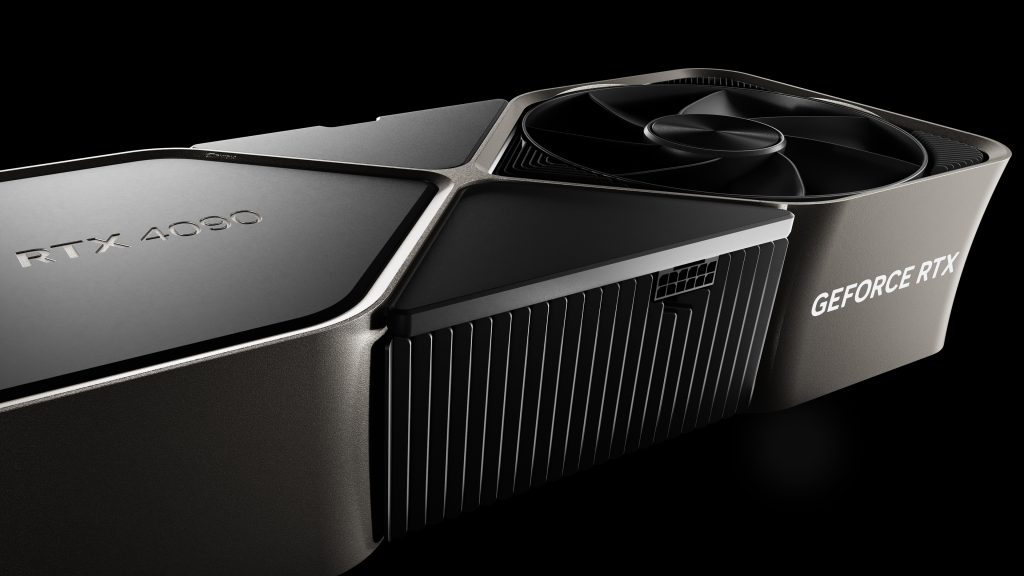According to a report, Nvidia won't be increasing orders for testing and packaging of its latest GeForce RTX 40 series GPUs anytime soon. The company is reportedly waiting for partners to sell the remaining inventory of GeForce RTX 30 series cards before supplying them with the new chips.
Nvidia GPU sales to partners tend to trend up in Q3, but that may not happen this year. Based on the information reported by DigiTimes (via Tom's Hardware), Nvidia might be waiting for partners to clean up some stock on Ampere-based GPUs (RTX 30 series) before ramping up testing and packaging of its Ada Lovelace silicon.

To manufacture graphics cards, Nvidia must first produce the GPUs at TSMC and then test and assemble them at its providers, Siliconware Precision Industries (SPIL) and King Yuan Electronics (KYEC). The company has surely already paid TSMC for its N4 silicon manufacturing services but still needs to book OSAT capacity before ramping up orders. However, according to the report, it isn't booking any, suggesting the company isn't interested in increasing GPU output.
It's unclear why Nvidia is reportedly not ramping up production of Ada GPUs. Still, the most likely reason would be that the RTX 40 series graphics cards that use these GPUs aren't selling well enough. For example, the RTX 30 series desktop cards were rarely available at MSRP due to the low offering and high demand. Even finding one model in stock was challenging in some regions. However, you can readily get an RTX 40 series desktop model almost anywhere, some below MSRP.
Discuss on our Facebook page, HERE.
KitGuru says: What can Nvidia do to improve sales of its RTX 40 series GPUs? Do you think lowering their price would be enough?
 KitGuru KitGuru.net – Tech News | Hardware News | Hardware Reviews | IOS | Mobile | Gaming | Graphics Cards
KitGuru KitGuru.net – Tech News | Hardware News | Hardware Reviews | IOS | Mobile | Gaming | Graphics Cards


